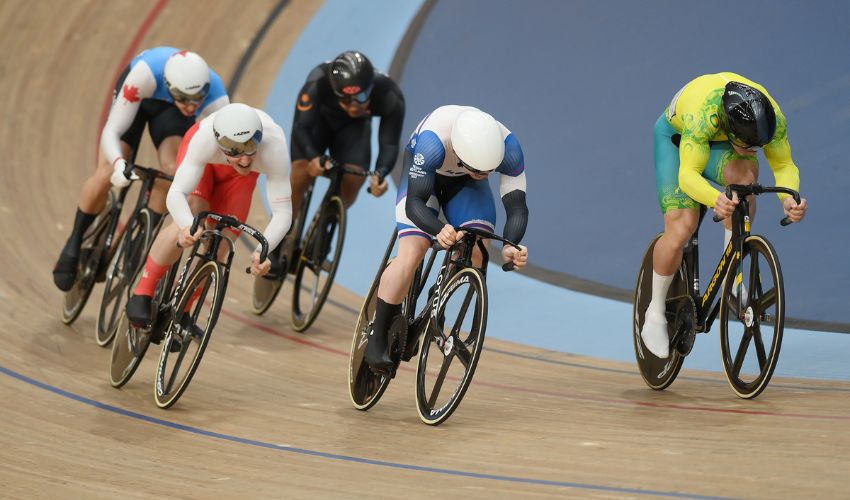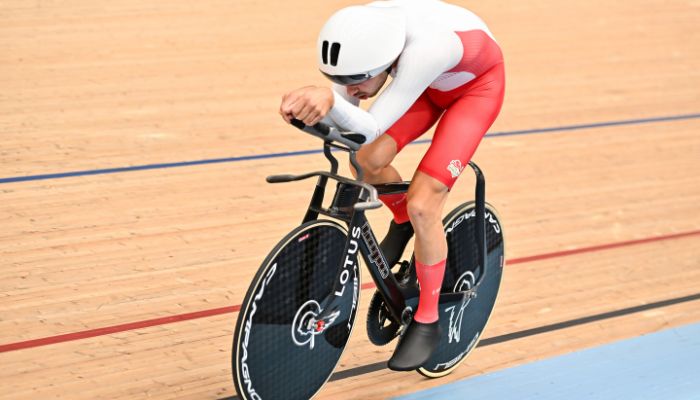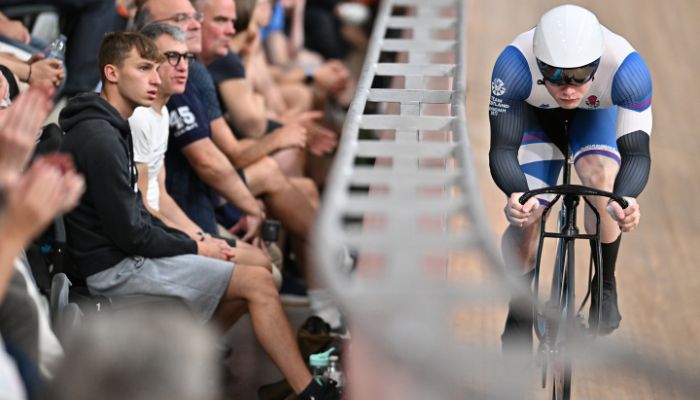The Great British Cycling Team Turns to AM to Help Succeed in the Commonwealth Games

3D printing has once again showed its continued importance in the sports sector. Renishaw, a leader in metal 3D printing, used additive manufacturing (AM) to help create a track bike for the Great British Cycling Team (GBCT) in the Birmingham 2022 Commonwealth Games which took place between July 29th and August 7th this year. Specifically, laser powder bed fusion and titanium were used to help create complex yet lightweight components for the bike as well as for faster, more effective rapid prototyping in order to optimize the aerodynamics of the bike.
This is not the first time either that Renishaw worked with British Cycling. The two have been partners since 2019 and Renishaw even helped to produce new parts for the track bike which was used to win seven medals at the Tokyo Olympics. Notably, AM was useful when it came to the design of parts that required customization thanks to its rapid precision. For example, in Tokyo, Renishaw created custom handlebars which were tailored to each individual rider. Also, the use of 3D printing allowed the team to make last-minute modifications before the race, something that would not be possible with the traditional manufacturing methods.

Charlie Tanfield from England on the bike (photo credits: Renishaw)
Using AM to Develop a New Track Bike for the British Cycling Team
British Cycling approached Renishaw once again for the creation of this latest track bike because they realized the benefits of using metal AM in particular for lightweight but complex components. For this particular project, they turned to titanium and Renishaw’s own laser powder bed fusion solutions to create a number of parts. They worked with Lotus Engineering and Hope Technology on the bike, working to maximize its performance and help in the push for medals.
Not only was metal 3D printing chosen for its ability to create more optimized parts, but also for its benefits when it comes to rapid protyping. Traditionally, bikes are made with carbon fiber as it is lightweight yet strong, however, to use it to make final parts it must go through injection molding. Creating each mold is not just costly, but also leads to much slower turnaround times. Not ideal when it is necessary to test parts for optimal aerodynamics. Metal AM allowed British Cycling to test parts and see the results much faster.

Scotland’s Jack Carlin in the Qualifiers (photo credits: Renishaw)
Ben Collins, Senior Additive Manufacturing Application Engineer at Renishaw concluded “The Commonwealth Games was a brilliant opportunity to display the innovation of British engineering as well as British talent on our home turf. The riders needed the best equipment to perform at such high levels. By providing tailored AM parts to the cycling team, we’ve delivered the performance the team requires while also highlighting the potential of AM in producing high quality strong, lightweight, and complex components.” You can find out more on Renishaw’s website HERE.
What do you think of Renishaw’s work with the the Great British Cycling Team to create a new track bike? Let us know in a comment below or on our LinkedIn, Facebook, and Twitter pages! Don’t forget to sign up for our free weekly Newsletter here, the latest 3D printing news straight to your inbox! You can also find all our videos on our YouTube channel.







